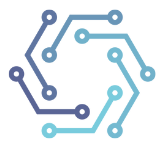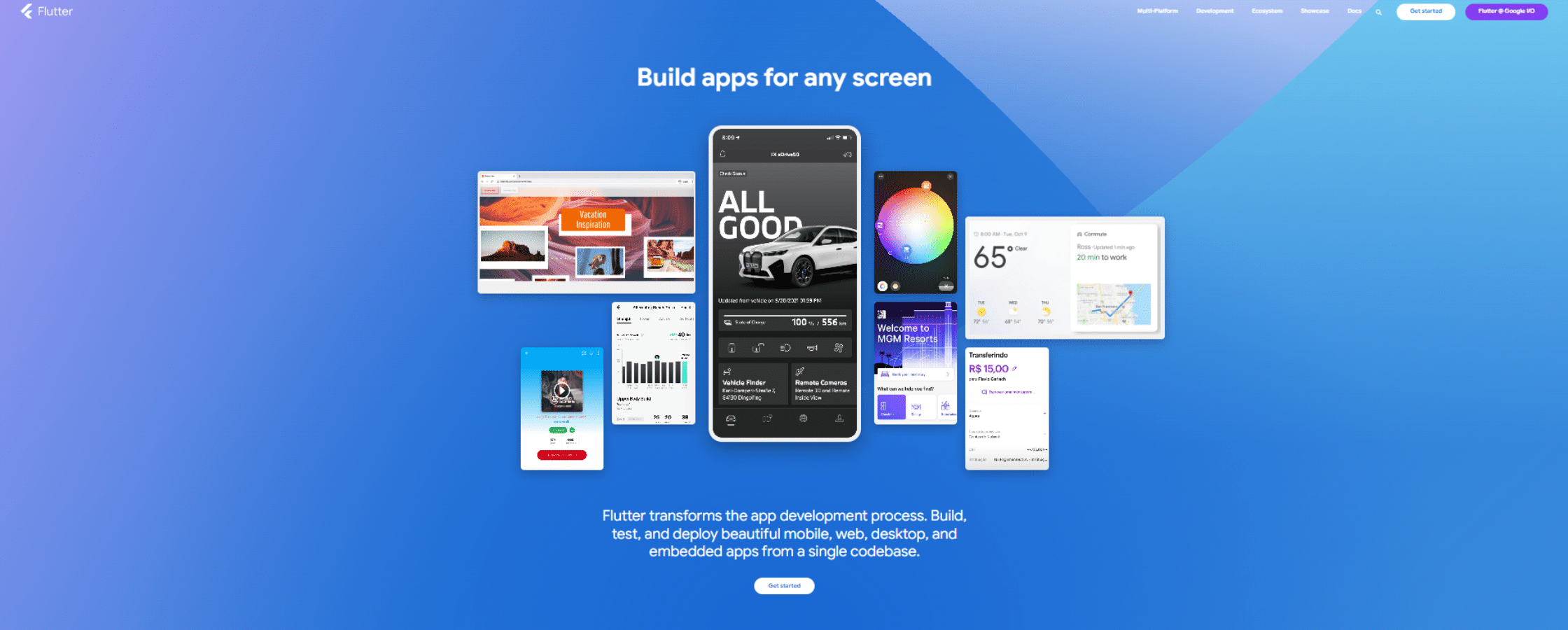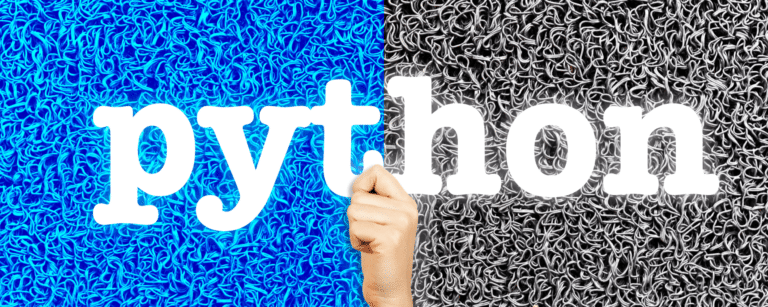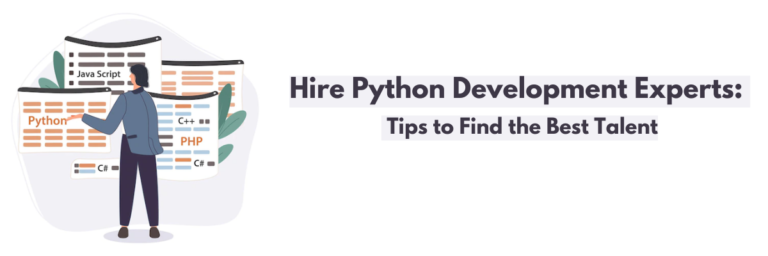What’s Next for Flutter Development? A Look into the Future
In this blog post, we’ll take a closer look at the future of Flutter development and explore the latest trends, advancements, and emerging technologies that are shaping the way mobile apps are developed.
Flutter is a programming language butterfly that has emerged as a popular choice for mobile app development. Created by Google, this cross-platform app development framework has rapidly spread its wings and taken flight in the world of software development.
With its highly customizable widgets, native components, fast development time, and modern reactive programming model, Flutter has attracted a diverse community of developers and businesses alike. But where is this programming butterfly headed next?
Whether you’re a developer looking to keep up with the latest industry trends or a business owner seeking to improve your app development strategy, this blog post will provide you with a glimpse into the future of Flutter app development and development platforms.
So, get ready to explore the possibilities of what’s next for Flutter development.
Table of Content
- Current State of Flutter Development
- Emerging Trends in Flutter Development
- Potential Future Advancements in Future Development
- What to Expect from Flutter Developers in the Future?
- Challenges in Flutter Development
- Final Thoughts
- Frequently Asked Questions
Current State of Flutter Development
Flutter has come a long way since its initial release in 2017. With the latest release of Flutter 2.10, the platform has proven itself as a reliable and stable choice for mobile app development.
Flutter’s ability to create high-performance apps with a single codebase that can run on both iOS and Android platforms has been a game-changer for developers. Its reactive programming model ensures that apps built with Flutter can handle complex user interfaces and animations with ease, without compromising performance.
The Flutter developer community has also grown significantly in recent years, with developers from all over the world contributing to the development of the platform. Major companies such as Tencent, BMW, and Alibaba have already adopted Flutter to create their mobile applications.
With Flutter’s growing popularity, we expect continued updates and advancements to improve the development process further and support emerging technologies.
Emerging Trends in Flutter Development
Flutter has been gaining momentum in recent years due to its ease of use, fast development, and attractive user interface. It has emerged as a key player in the mobile app development industry. There are several emerging trends in Flutter app development. Here are some of the most notable ones:
Cross-Platform Development
Flutter allows developers to create high-quality apps for both Android and iOS platforms using a single codebase. This is a major advantage of cross-platform application development with Flutter, as it saves developers time and resources, as they do not need to create separate codes for each platform. As a result, cross-platform development is becoming increasingly popular among Flutter developers.
State Management with Provider
Managing the state of an application is an essential aspect of Flutter development. With the increase in app complexity, managing the state has become even more important. There are several state management solutions available in Flutter, including BLoC, Provider, and MobX. These solutions make it easier for developers to handle state and build robust applications.
Machine Learning with Flutter
Machine learning is increasingly being used in mobile app development, and Flutter is no exception. Flutter has several packages that make it easy for developers to integrate machine learning models into their apps. TensorFlow Lite, for example, is a popular package that allows developers to use pre-trained models in their apps.
Cloud Integration
Cloud integration is another trend in Flutter development. Its services such as Firebase and AWS make it easier for developers to add features like push notifications, authentication, and storage to their apps. Flutter has excellent support for prominent cloud platforms and services. This makes it easy for developers to integrate them into their apps.
AR and VR
Augmented Reality (AR) and Virtual Reality (VR) are becoming increasingly popular in mobile app development. Flutter has several packages that make it easy to integrate AR and VR into Flutter mobile app development apps. For example, the ARKit and ARCore packages make it easy to create AR experiences in Flutter apps.
Potential Future Advancements in Future Development
Flutter, Google’s open-source framework for building cross-platform mobile apps, has already made significant strides in the mobile app development industry. However, as technology continues to evolve, we can expect Flutter to keep pace with the latest advancements and trends.
Here are some aspects of potential future advancements in Flutter and native development, and other programming languages that could shape the future of mobile app development.
Integration with Artificial Intelligence
As AI technology continues to evolve, integrating AI into mobile apps is becoming increasingly popular. Flutter could potentially integrate with AI technologies, such as machine learning, to create more personalized and intelligent mobile apps. This would enable apps to learn and adapt to user behaviour, making them more useful and engaging.
Continued Focus on Performance and Scalability
Performance and scalability are always critical factors in mobile app development. In the future, Flutter is likely to continue improving these aspects of the app development process, making it easier to build high-performance web apps, that can scale with the user base.
The Flutter team has already implemented several features, such as Dart’s just-in-time compiler and Hot Reload, that help improve performance and streamline the Flutter development services and process.
Embracing Foldable Devices
Foldable devices, such as the Samsung Galaxy Fold, are becoming increasingly popular. Flutter could embrace these devices by introducing support for foldable displays, allowing developers to create apps that take advantage of the new form factors. This could lead to innovative app designs and user experiences that were not possible before.
Integration with Emerging Technologies
As new technologies continue to emerge, Flutter is likely to integrate with them to support app development. For example, Flutter’s native code could potentially integrate with blockchain technology, enabling the creation of decentralized mobile apps.
Additionally, Flutter could integrate with AR/VR technologies, allowing developers to take Flutter to create immersive experiences for users.
Improved Support for Desktop and Web Development
Flutter is primarily focused on mobile app development, but there is increasing demand for desktop and web development. In the future, Flutter could improve its support for these platforms, allowing developers to create mobile apps that run seamlessly across all devices. This would enable developers to build apps with a consistent user interface and experience, regardless of the device used for developing apps.
What to Expect from Flutter Developers in the Future?
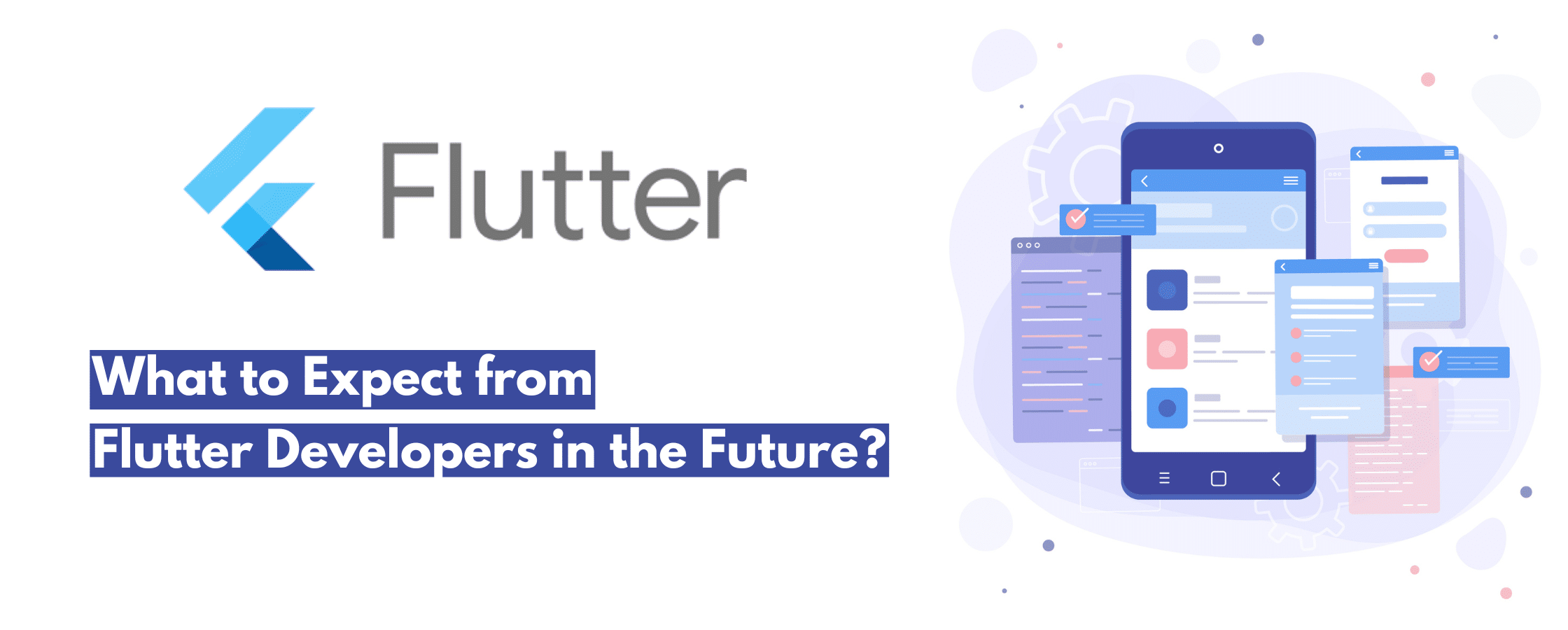
Changes in the Role of Flutter Developers
Increased Demand for Flutter Developers: As more businesses adopt Flutter applications, the demand for skilled Flutter developers will continue to increase. Flutter developers will be in high demand, which means they will need to stay up-to-date with the latest trends, technologies, and best practices to remain competitive in the industry.
Diversification of Roles: In the future, Flutter developers will be expected to do more than just write code. They will need to be able to work collaboratively with designers and product managers to develop apps that meet user needs. Flutter developers will also be expected to be proficient in project management material design, testing, and debugging.
Collaborative Development: The success of a Flutter project will depend on the collaboration between developers, designers, and product managers. Flutter developers will need to be able to work in teams and communicate effectively to ensure that project goals are met.
New Skills that will be required from Flutter Developers
Machine Learning: Machine learning is becoming increasingly important in the development of modern applications. In the future, Flutter developers will need to have a basic understanding of machine learning to integrate it into their applications.
Web Development: Flutter’s popularity is growing beyond just mobile applications to web support development. With the introduction of Flutter for the web, Flutter developers will need to have knowledge of web development and be able to develop applications that work on both mobile and web platforms.
Cross-Platform Development: Flutter is known for its cross-platform capabilities. In the future, Flutter will create cross-platform apps as developers will need to be able to develop applications that work seamlessly on multiple platforms such as Android, iOS, Web, and Desktop.
UI/UX Design: Flutter developers will need to be proficient in UI/UX design to develop applications that are both functional and aesthetically pleasing to users.
Cloud Computing: With the growth of cloud computing, Flutter developers will need to have knowledge of cloud platforms to build applications that are scalable and performant.
Keeping up with Industry Trends
Continuous Learning: Flutter developers will need to be committed to continuous learning and development. As technology continues to evolve, Flutter developers will need to stay up-to-date with new trends, tools, and technologies to remain relevant.
Community Involvement: The Flutter community is growing rapidly, and developers will need to be actively involved in the community to share knowledge, collaborate with others, and stay up-to-date with the latest industry developments.
Exploration of New Tools and Technologies: Flutter developers will need to explore new tools and technologies to enhance their development process. They will need to experiment with new tools and technologies and determine which ones are best suited to their project requirements.
Challenges in Flutter Development

Lack of Experienced Developers
Flutter is a relatively new technology, which means that there are relatively few experienced developers in the market. This can make it challenging for businesses to find skilled developers for their projects.
Limited Third-Party Libraries
Flutter is a new framework, and as a result, for a few reasons, it has fewer third-party libraries available compared to other popular frameworks. This can make it challenging to find pre-built solutions for certain functionalities.
App Size Issues
Flutter apps can sometimes have larger file sizes compared to their native counterparts, which can be a problem for users who have limited storage space on their devices.
Integration with Existing Native Apps
Flutter apps can be challenging to integrate with existing native apps, which can be a problem if a business is looking to add new features and crucial functionality to an existing app.
Limited Support for Older Devices
Flutter requires a minimum of Android 4.1 or iOS 8.0, which means that it may not be compatible with older devices. This can limit the target audience of an application.
Final Thoughts
In conclusion, the future of the Flutter framework as a development platform is promising, with exciting opportunities and challenges ahead. Its cross-platform capabilities, rapid development cycle, customizable UI, and rich features make it an excellent choice for startups and SMEs.
Despite challenges, the growing community of Flutter developers is constantly finding new solutions. We can expect to see continued innovation and improvements to the framework, making Flutter a leading framework for mobile app development.
Frequently Asked Questions
Does Flutter developer have a future?
Yes, Flutter developers have a bright future as Flutter is a popular cross-platform mobile app development framework used by many companies worldwide. Flutter’s growing popularity is evidenced by the increasing number of job opportunities and the community support it has gained.
Is Flutter worth learning in 2023?
Yes, Flutter is worth learning in 2023 as it is a popular and versatile cross-platform mobile app development framework that has gained increasing popularity and community support. Learning Flutter can lead to career opportunities and the ability to create high-performance and visually appealing mobile and web applications, for multiple platforms.
Is it easy to learn Flutter?
Flutter has a relatively easy learning curve, especially for developers who are already familiar with object-oriented programming concepts. The framework offers a hot-reload feature, which allows developers to quickly view changes in the code they make, reducing the time it takes to test and debug.
What kind of job opportunities are available for Flutter developers?
Flutter developers can find job opportunities in various industries, including healthcare, finance, education, and entertainment, among others. Some of the job titles available for Flutter developers include Mobile App Developer, Flutter Developer, Front-end Developer, UI/UX Developer, and Software Engineer, among others.
What is the salary package of Flutter developers?
The salary package of Flutter developers varies depending on various factors such as their experience, job location, company size, and industry. According to recent reports, the average annual salary for Flutter developers in the United States ranges from $72,000 to $145,000, depending on their level of experience. In India, the average annual salary for Flutter developers is around ₹6,00,000 to ₹15,00,000, depending on their experience and location.
Is Flutter going to survive?
Flutter is thriving in the mobile app development space due to its growing popularity and community support. With its ease of development and ability to create visually appealing and high-performance apps, Flutter is becoming a popular choice among app developers everywhere. Moreover, Google’s investment in Flutter provides confidence in its future growth and success.
